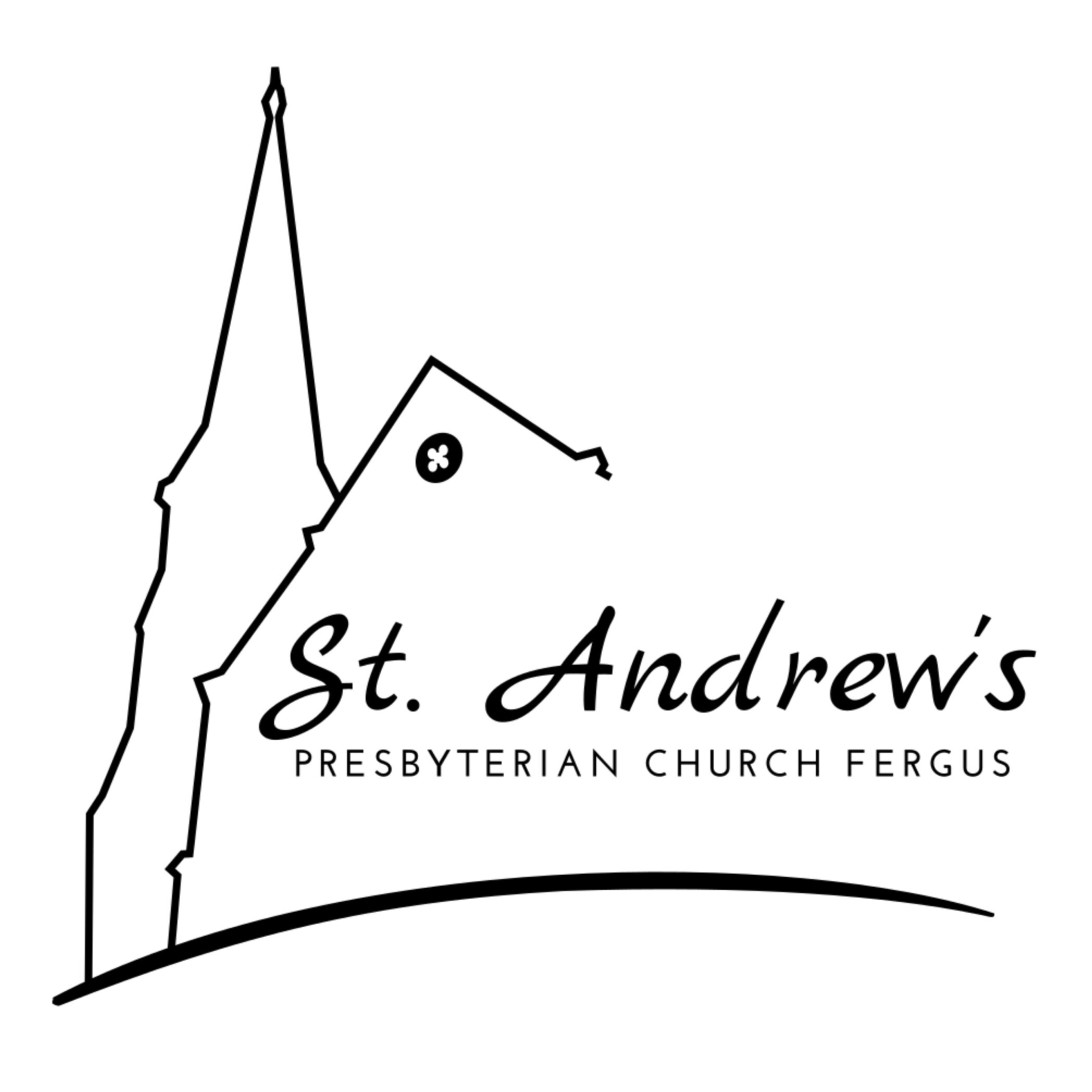Psalm 130
A Song of Ascents.
1 Out of the depths I cry to you, O Lord.
2 Lord, hear my voice!
Let your ears be attentive to the voice of my supplications!
3 If you, O Lord, should mark iniquities, Lord, who could stand?
4 But there is forgiveness with you, so that you may be revered.
5 I wait for the Lord, my soul waits, and in his word I hope;
6 my soul waits for the Lord
more than those who watch for the morning,
more than those who watch for the morning.
7 O Israel, hope in the Lord!
For with the Lord there is steadfast love,
and with him is great power to redeem.
8 It is he who will redeem Israel from all its iniquities.
Maybe this psalm answers the questions that ended the reflection on Psalm 129.
The psalm writer moves quickly to tell us what they are crying out to God for – in vs. 3 they recognize that their iniquities condemn them and the only hope is in the forgiveness of God. Certainly iniquities – sins – could include a long list of things, but having Psalm 129 immediately before, makes one wonder if the iniquities in view include the desire for the vicious revenge named in that earlier psalm.
And if I am right in that suggestion, vs. 5, 6 take on the deepened meaning. There is the waiting for the forgiveness of God which is the promise that lies behind this psalm – but there is also the commitment to wait for God to act in relationship to the oppression that was the dominant theme in Psalm 129. This psalm, 130, come to rest in the hope of God’s great power to redeem (vs. 7) – both in forgiveness and in bringing redemption (rescue) from oppressors.
For both redemptions the writer, and those who sang this psalm, waiting with eager anticipation, with great hope, a hope that the moment would arrive but that that moment could not come quickly enough. “More than those who watch for the morning” – anyone who has waited for the morning to dawn, those who have waited for the night to end – know this waiting with bated breath, this expectation.
In God’s hands is the redemption of forgiveness – in God’s hands is the redemption of liberation from oppression. Both are sure and certain for they are in God’s hands.
PRAYER:
O Lord, more than those who watch for the morning we wait with eager longing for the day of redemption to come, when the world will be freed from oppression. We rejoice that that day is already dawning, for in Jesus Christ the redemption of forgiveness of sin has been poured out on the world. You are mighty to save, save us, Lord, save us and all of humanity. In Jesus’ name. Amen.

